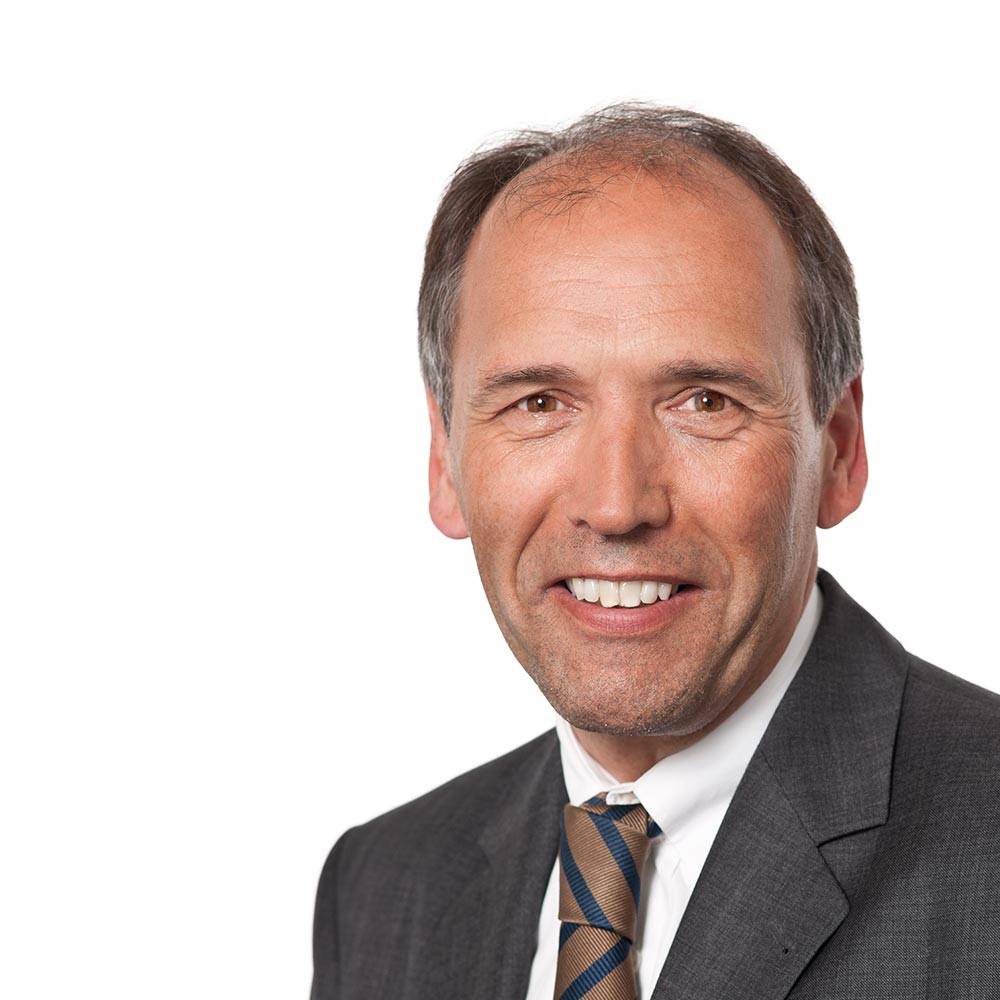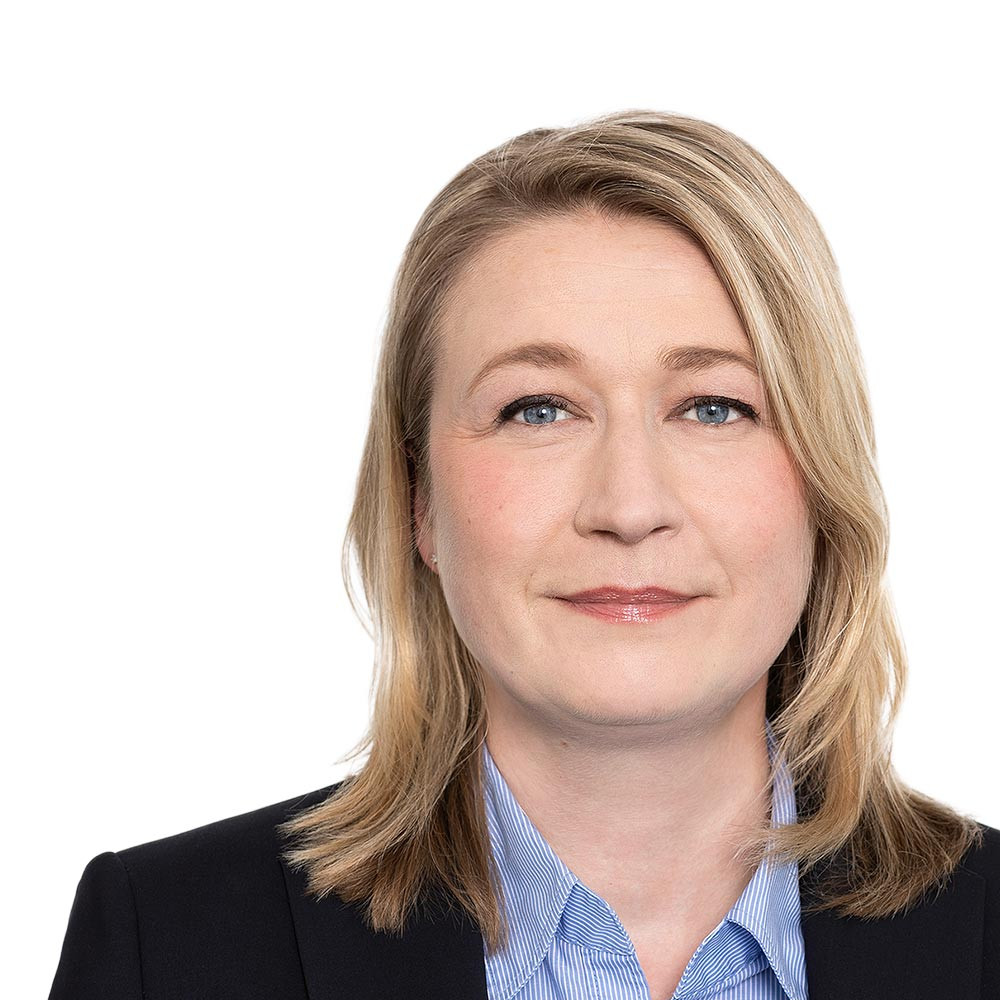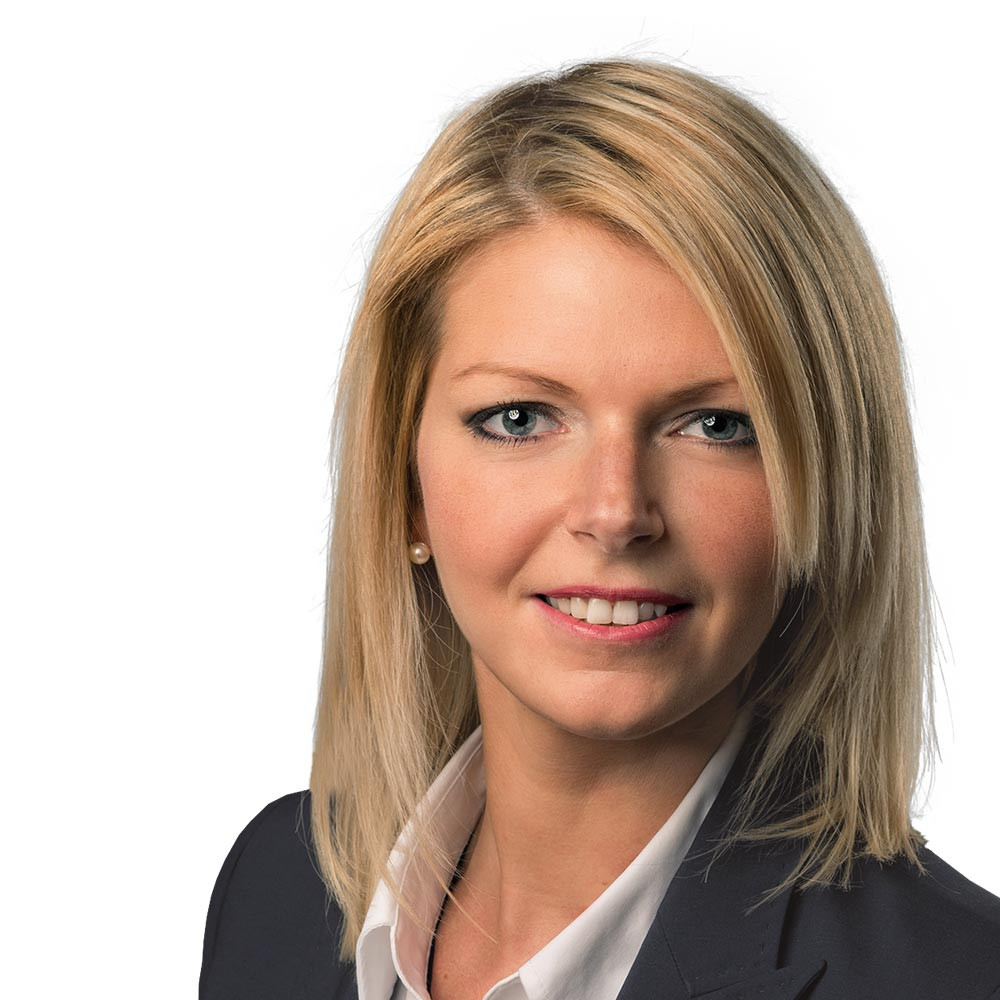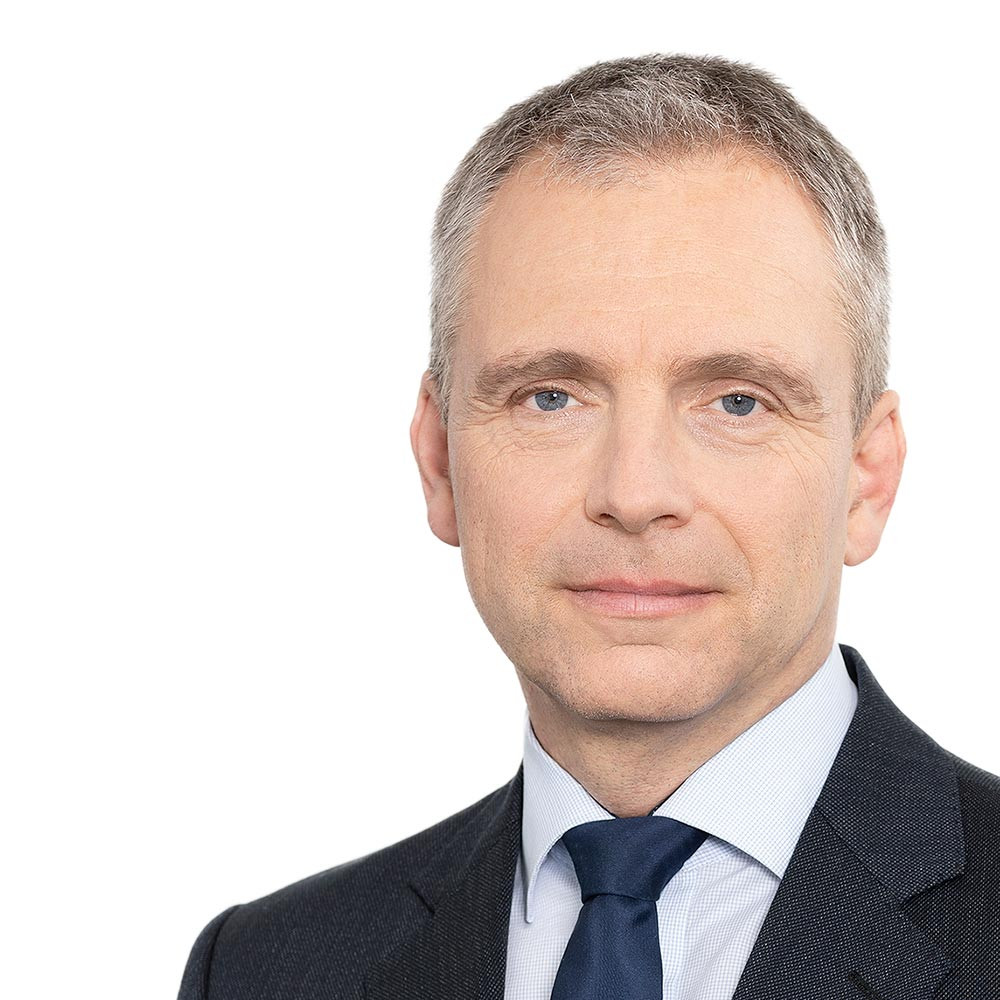- Compensation levels of supervisory board chairmen at DAX companies grew by around 8% in 2016, to an average of EUR 386,000
- Movement away from variable compensation continues – almost two-thirds of DAX companies pay their supervisory boards fixed compensation only
- hkp/// group study: "Annual report analysis: Supervisory board compensation at DAX companies 2016"
Frankfurt am Main, April 20, 2017. According to a new study "Annual report analysis: Supervisory board compensation at DAX companies 2015" released by management consulting firm hkp// group, the compensation of supervisory board chairmen at Germany's leading stock-exchange listed companies grew to an average of EUR 386,000 in 2016 – an increase of 8.3% compared to 2015.
The best paid supervisory board chairman in 2016, as in the year before, was that of Deutsche Bank, who earned EUR 800,000 in total compensation. This puts him in 13th place internationally. The all-time record for Germany is still held by the supervisory board chairman of Volkswagen, who in 2014 earned EUR 1.48 million in total compensation.
Overall, there were three changes of supervisory board chairman during 2016 (at E.ON, Linde and RWE) and one change in the makeup of the DAX (ProSiebenSat.1 replacing K+S).
Following a decision at its 2017 annual general meeting, Volkswagen now joins the list of 19 companies paying their supervisory boards purely fixed compensation. At the same time, the number of DAX companies that use stock as a compensation tool for their supervisory boards has risen to seven.
"Although the trend continues toward purely fixed compensation for supervisory boards, this year's figures reflect more strongly the personnel changes at some companies and the change in the DAX's makeup. The impact of reintroducing BMW and Volkswagen into the comparisons for supervisory board chairmen holding office the whole year is clearly visible," says Joachim Kayser, Senior Partner at hkp/// group. Kayser remains critical of the trend toward purely fixed compensation for supervisory boards, and he believes that the levels of compensation for supervisory board chairmen are still too low. "Particularly at the lower end, compensation levels are inadequate for the task of professional supervision. We are still a long way away from chairmen of supervisory boards being paid the same as CEOs," he says.
Stability at the top – lowest compensation levels catching up
One reason for the current developments in the compensation of DAX supervisory board chairmen is the reintroduction of BMW and Volkswagen into the comparisons for chairmen staying in office the whole year. Following a personnel change in 2015, the compensation of BMW's supervisory board chairman in 2016 was EUR 610,660. This was the second highest level of all the DAX companies. After leading the rankings in 2014 and a change of personnel in 2015, Volkswagen now comes in fourth place, with a compensation level of EUR 585,800.
Heading the rankings for supervisory board chairmen remaining in office the whole year is Deutsche Bank, as in 2015. The current compensation of EUR 800,000 is down slightly on the previous year. BMW is in second place, followed in third place by Siemens (EUR 605,000).
While compensation levels at the top of the rankings remain stable, changes are seen lower down the list. Infineon was at the bottom of the rankings in 2015, at well below EUR 200,000 (now EUR 214,000). The lowest levels in 2016 were at adidas (EUR 205,250) and thyssenkrupp (EUR 210,000).
Highest compensation, Chairman of Supervisory Board DAX 2016 | Total compensation
- Deutsche Bank | EUR 800,000 (-1%)
- BMW | EUR 610,660 (change in 2015)
- Siemens | EUR 605,000 (0%)
Lowest compensation, Chairman of Supervisory Board, DAX 2016 | Total compensation
- Infineon | EUR 214,000 (+45%)
- Thyssenkrupp | EUR 210,000 (-1%)
- adidas | EUR 205,250 (-1%)
Fig. 1: Highest and lowest total compensation levels of chairmen of supervisory boards at DAX firms in 2016 (with change on previous year)
International comparisons: Swiss administrative boards in a different league
The chairmen of the administrative boards of the Swiss companies Nestlé (EUR 5.4 million), UBS (EUR 5.2 million), Roche (EUR 4.1 million) and Novartis (EUR 3.5 million) currently head the international rankings. The governance model in Switzerland is different, of course. "Being chairman of the administrative board of a major Swiss company is generally a full-time job, unlike the position of chairman of the supervisory board in Germany. But neither that fact, nor the difference in company size, is enough to explain the compensation levels," says Regine Siepmann, Partner at hkp/// group. "Swiss companies operate in a different compensation world – one that has developed naturally over time," she adds.
The average compensation of DAX supervisory board chairmen is just over half the European average of EUR 697,000 (excluding full-time administrative boards at Swiss companies). Only the top company Deutsche Bank paid its supervisory board chairman more than that this year. This contrasts with 2015, when Deutsche Bank was joined by Siemens, Henkel, Continental and BASF.
Outlook
For hkp /// group Senior Partner Joachim Kayser, the current trend toward replacing variable compensation elements with much larger fixed elements has obvious consequences. "In switching to fixed compensation, companies have not given enough thought to the possible undesirable effects: In bad times, all the company's employees will feel the consequences in their compensation – yet the members of the supervisory board will not be affected. That makes no sense at all."
hkp/// group Partner Regine Siepmann welcomes the trend toward long-term obligations to purchase shares, however. " A combination of fixed compensation elements and obligation to buy shares is, we believe, the right way to reward the tasks of governance and providing strategic support going forward. Including stock in the compensation package brings the interests of supervisory boards and shareholders into line, and promotes sustainable compensation."




